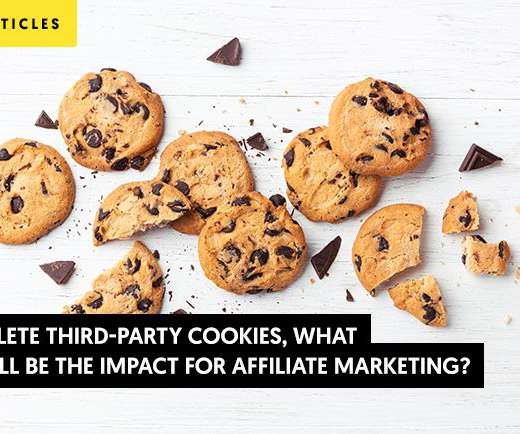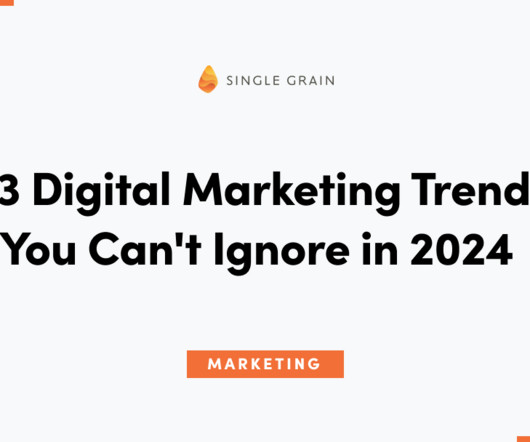Delete third-party cookies: The impact for affiliate marketing
Lemonads
MAY 8, 2020
If you’re running an affiliate program, you probably already know what browser cookies are. You already know what is a first-party and a third-party cookie. And you are probably aware, too, that the world of cookies is about to change drastically with the latest Google announcements about third-party cookies.












Let's personalize your content